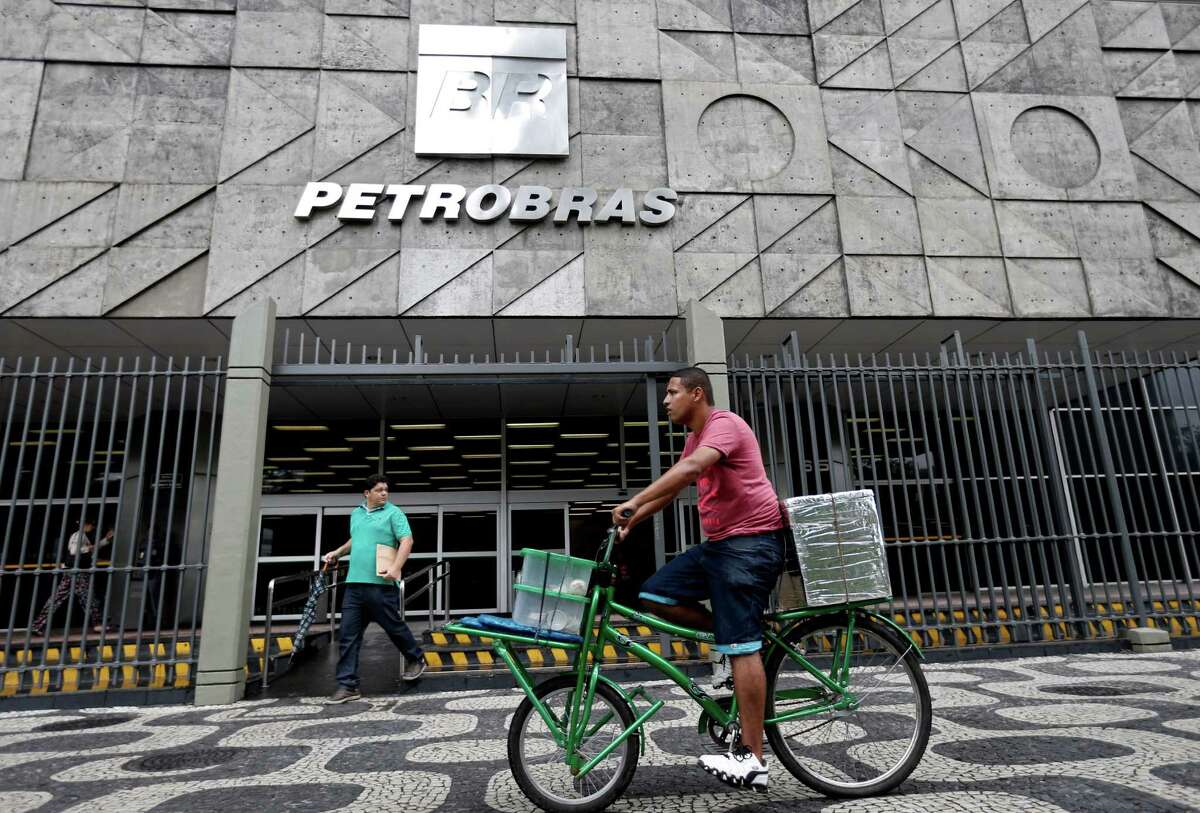Petrobras was the 6th oil company that received the most funds from financial institutions from 2016 to 2022: US$26 billion.
The Brazilian state-owned company was behind 5 other large companies: Exxon Mobil, Saudi Aramco, BP, Shell, and TotalEnergies.
The data are in the report “Banking on climate chaos” 2023, prepared by NGOs such as Reclaim Finance and Rainforest Action Network. Here is the entire document.
The US company Exxon Mobil ranks among those with access to more investments from banks in the period (US$76.6 billion).

Saudi Aramco, Saudi Arabia’s state-owned oil company, comes in second, with US$ 52.2 billion. The British BP ranks 3rd, with US$ 47.5 billion.
According to the report, Citi invested the most in the Brazilian state-owned company: US$5.65 billion.
Next, come Bank of America (US$ 4.83 billion) and JP Morgan (US$ 4.49 billion).
Five other large financial institutions have also invested in Petrobras in six years:
BNP Paribas – US$2.82 billion;
Crédit Agricole – US$ 2.72 billion
Morgan Stanley – US$2.18 billion
HSBC – US$2.09 billion
Goldman Sachs – US$ 1.28 billion.
FINANCIAL INSTITUTIONS
According to the report, the world’s 60 largest banks invested US$5.5 trillion in oil and natural gas companies from 2016 to 2022.
The top 10 financial institutions alone contributed US$2.6 trillion over the period.
US-based JP Morgan alone funded $434 billion in projects in the sector from 2016 to 2022. Last year, the Royal Bank of Canada granted the most significant contribution: US$ 42 billion.
The analysis considers the 60 largest banks in the world by assets, according to Standard & Poor’s ranking.
“The report assesses commercial bank funding for the fossil fuel sector in general and prominent sectors,” reads an excerpt from the document.
“These fossil fuels gain prominence because of their high environmental, social, and climate impacts or their higher risk of becoming stranded assets,” it adds.
In the part about global impact, the report presents the Néstor Kirchner gas pipeline in the Vaca Muerta region in Argentina.
It mentions that the pipeline uses the hydraulic fracturing technique, which is more polluting.
The device accounts for 39% of Argentina’s oil production and 52% of its natural gas.
“Bank financing for fossil fuels often brings dire threats to the lives and livelihoods of local communities around the world,” the report states.
On January 23, President Luiz Inácio Lula da Silva (PT) said the BNDES (National Bank for Economic and Social Development) would finance part of the state-owned Néstor Kirchner gas pipeline project.
However, the president of the federal development bank, Aloizio Mercadante, ruled out financing for the gas pipeline.
“At this moment, no civil construction company is asking for any line of financing at BNDES, including in relation to this project. There is no engineering demand in the bank,” he said on February 14.
With information from Poder360

